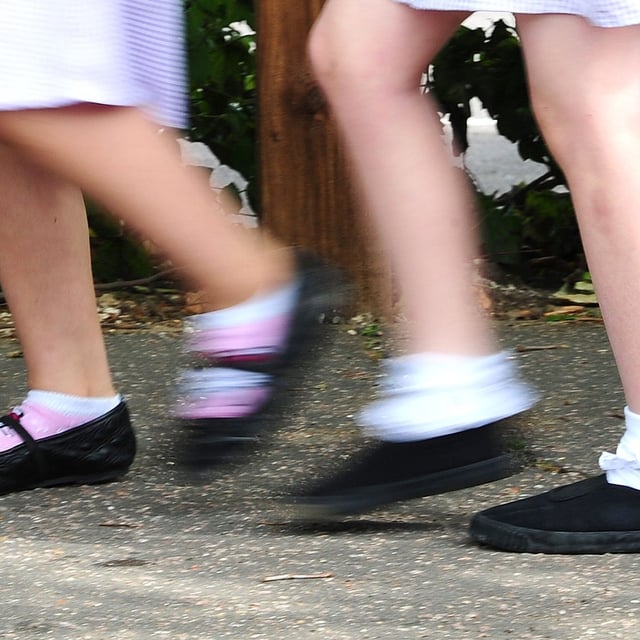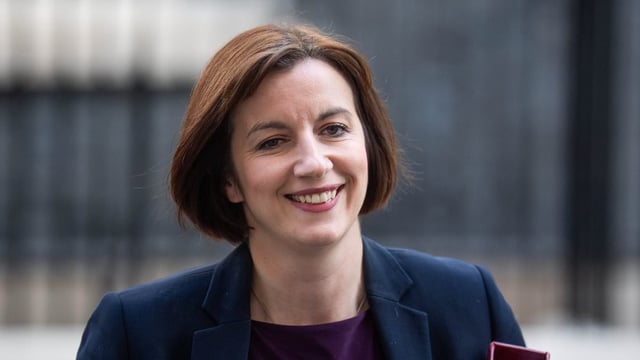Overview
- New analysis finds no statistically significant impact of the policy on five-year-olds achieving a good level of development at the end of reception.
- Researchers report no detectable effect even for children in families most likely to lose income, including those in the most deprived areas and those previously eligible for free school meals.
- The IFS says ending the cap would be highly targeted at reducing child poverty, with cost estimates around £3 billion a year and a broader range of £2–£3.5 billion cited by outlets.
- The study does not assess child health, later educational performance, well-being or parental stress, so it does not rule out other harms.
- The government plans an autumn child poverty strategy and has signalled investments in family hubs, extended free school meals, funded childcare, early years services and a new crisis support package, as campaigners renew calls to scrap the cap.

